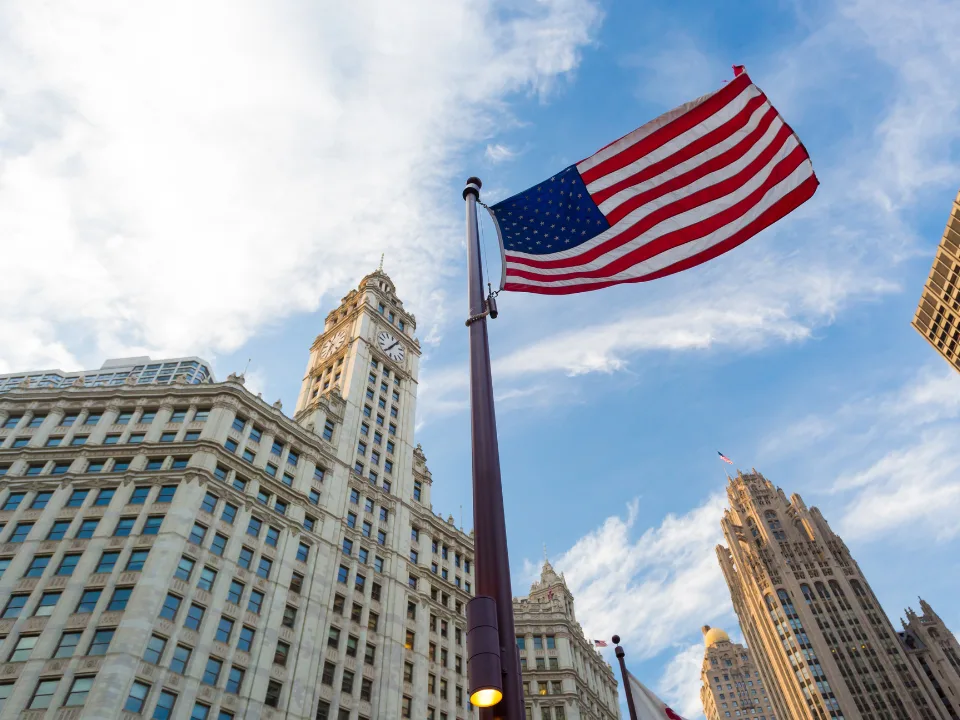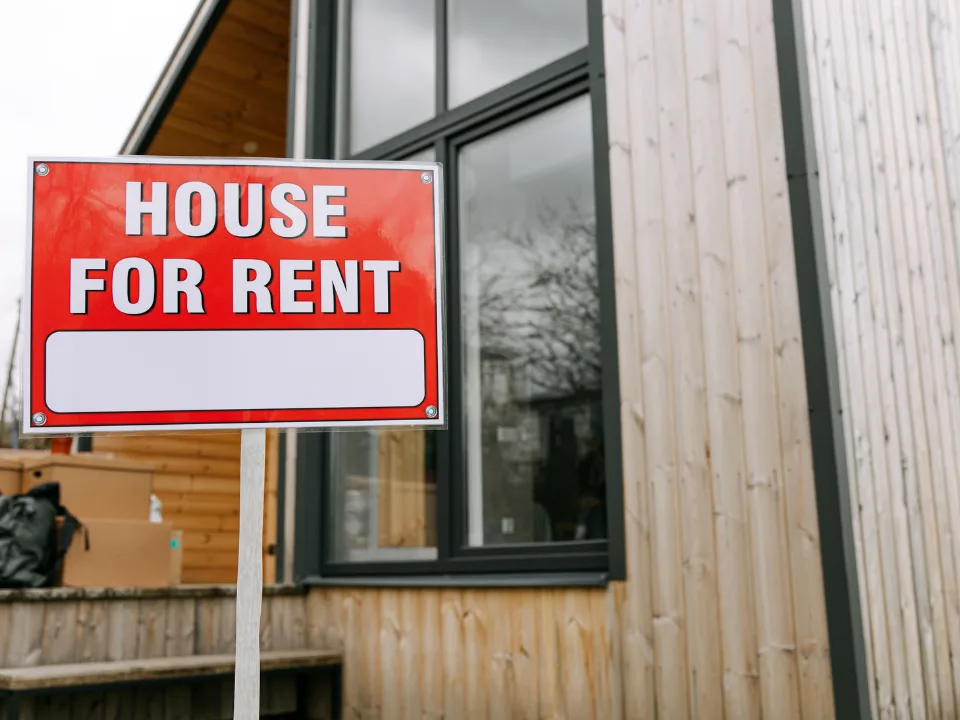- Trump’s proposal aims to streamline permitting for major investments exceeding $1B, promising “fully expedited approvals and permits.”
- The National Environmental Policy Act (NEPA) could limit his ability to bypass federal environmental review processes.
- The Supreme Court is considering a case that could reshape NEPA’s scope, potentially impacting the feasibility of Trump’s plan.
President-elect Donald Trump outlined his vision for accelerating US economic growth on Tuesday, promising expedited permitting and approvals for companies investing $1B or more, as reported by Bisnow.
From The Horse’s Mouth
Writing on his preferred social media platform, Truth Social, Trump declared, “Any person or company investing ONE BILLION DOLLARS, OR MORE…will receive fully expedited approvals and permits, including, but in no way limited to, all Environmental approvals.”
While the announcement energized supporters, it remains unclear how Trump intends to implement such changes under current law.
Legal Hurdles
The challenge centers on the National Environmental Policy Act (NEPA), a foundational environmental law that requires thorough reviews before federal approvals are granted for large infrastructure and energy projects.
Trump streamlined NEPA during his first term, but many of those changes were reversed under President Biden in 2022.
Legal experts, including Georgetown University law professor William Buzbee, emphasize that NEPA does not allow fast-tracking solely based on project size or investment level. However, the president can request agencies to prioritize high-value projects.
Get Smarter about what matters in CRE
Stay ahead of trends in commercial real estate with CRE Daily – the free newsletter delivering everything you need to start your day in just 5-minutes
Potential Changes
The Supreme Court is currently hearing a case that could redefine NEPA’s reach, particularly whether agencies must consider upstream and downstream impacts during environmental reviews.
A ruling favoring narrowing NEPA’s scope could align with Trump’s vision and potentially ease restrictions on large projects.
The Debate
Proponents of NEPA reform, including corporate lobbyists, argue that the law’s extensive review timeline inflates project costs and delays economic development. Environmental groups counter that NEPA’s provisions are essential for protecting public health and preventing ecological harm.
“Corporate polluters cannot bribe their way to endangering our communities and our clean air and water,” said Mahyar Sorour, director of beyond fossil fuels policy at the Sierra Club.
What’s Next?
Trump’s proposal could spark Congressional debates and legal challenges from environmental organizations. The outcome may depend on the Supreme Court’s NEPA decision and the extent to which Trump’s administration pursues further legislative or regulatory changes.
For now, companies eyeing billion-dollar investments in the US should monitor legal developments and Trump’s policy framework as it takes shape.

















